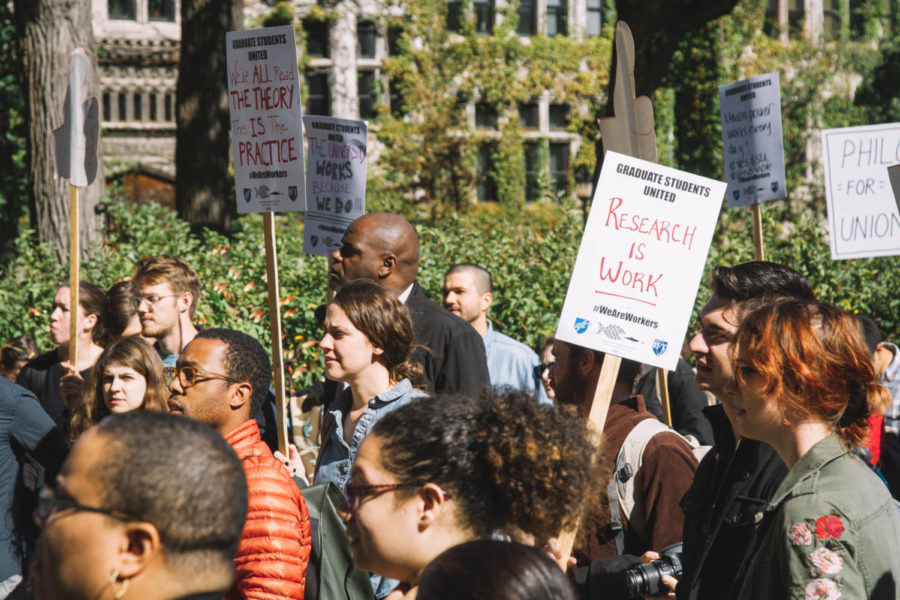On Tuesday morning, Provost Ka Yee C. Lee sent her second email addressing the upcoming unionization vote for graduate students on UChicago’s campus. Lee previously emailed the student body regarding the election on November 29, 2022.
Titled, “Information on the Upcoming Graduate Student Election,” the email notes that the University and Graduate Students United (GSU-UE) reached a “stipulated election agreement” in December 2022.
Supervised by the National Labor Relations Board (NLRB), the election will take place on Tuesday, January 31 and Wednesday, February 1 at multiple campus locations. The elections will determine whether graduate students will be represented by GSU-UE in contract and employment negotiations with the University.
This will be the union’s second election. The as-yet unrecognized union won its last election in 2017 but had to withdraw its case for recognition out of fear that a hostile NLRB would use it as an opportunity to rule that graduate students did not have a right to unionize. Circumstances today are far different, with graduate students across the country unionizing and a far more labor-friendly NLRB.
According to the Office of the Provost, graduate students are eligible to be represented by a union if they are involved in “instructional or research services.”
According to the GSU-UE website, the group’s current demands include “a living wage, always; guaranteed dental, vision, and comprehensive benefits; equitable policies for labs, classrooms and community; fairness and support for international students; transparent budget and power in decision-making.”
The provost’s email also reaffirmed the University’s stance on unionization. “The University’s position is that unionization is not in the best interest of graduate students,” Lee wrote. The provost previously detailed a similar stance in her November 29 email, citing the time-consuming nature of the collective bargaining process and the costs of union dues.
On January 3, the University announced that it would raise the minimum stipend for graduate students to $37,000, from $33,000, beginning in Autumn 2023. While the University touted the raise as a sign of its commitment to graduate students, organizers and graduate students involved with GSU-UE viewed as a vindication of their efforts to push for higher compensation.
Lee concluded by encouraging eligible graduate students to learn more about the unionization process and to vote.
“The decision of whether to unionize ultimately will be made only by the eligible graduate students who vote in the election. I very much value and encourage open, respectful discourse on this issue, especially because reasonable people hold a variety of views on the advantages and disadvantages of unionization. I strongly encourage all eligible graduate students to vote.”
GSU-UE did not immediately respond to a request for comment.








